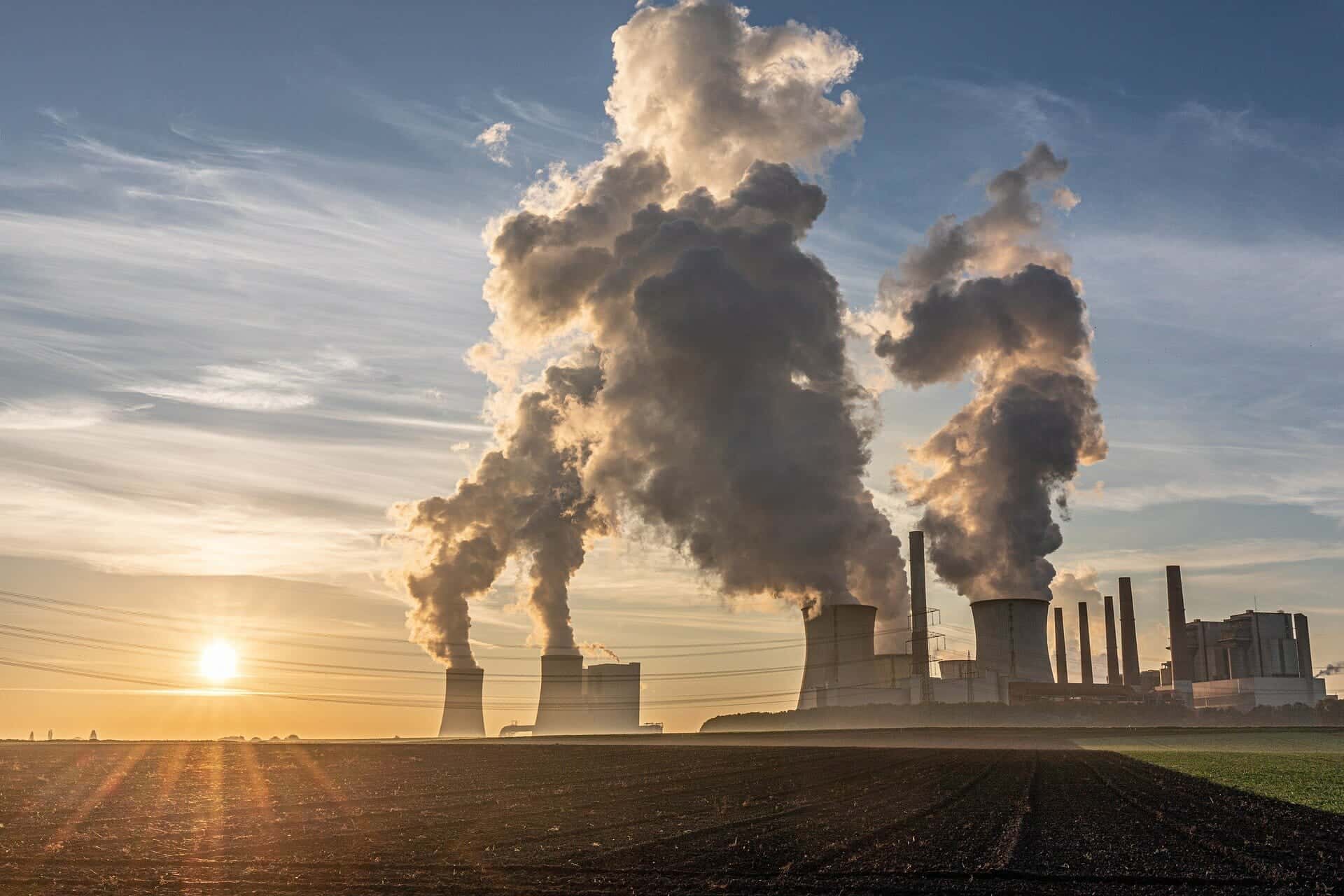A draft UN climate summit text urged countries on Wednesday to boost their emissions-cutting goals by 2022, three years ahead of schedule after data showed the world was far off track to limit warming to 1.5C.
Wednesday’s text was the first indication of where nations are 10 days into the COP26 talks in Glasgow, which host Britain has billed as crucial to achieving the most ambitious temperature goal of the 2015 Paris Agreement.
The text called for nations to “revisit and strengthen” their decarbonization plans by next year and said that limiting heating to 1.5C “requires meaningful and effective action by all parties in this critical decade”.
It said “rapid, deep and sustained reductions in global greenhouse gas emissions” were needed to avert the worst impacts of heating, which has already seen countries worldwide slammed by fiercer floods, droughts and storms.
Countries’ latest decarbonization plans submitted under the Paris Agreement are likely to see Earth warm 2.7C this century, according to a United Nations assessment of the pledges.
The 2015 accord contains a “ratchet” mechanism requiring countries to update emissions plans every five years.
Several large emitters missed the 2020 deadline for submitting new plans, known as nationally determined contributions (NDCs).
Vulnerable nations say that the next deadline, in 2025, is too distant to deliver the short-term emissions cuts needed to avoid disastrous heating.
In what observers said was a “significant first mention” of the fuels driving global warming, the draft summit called on countries to “accelerate the phasing out of coal and subsidies for fossil fuels”.
Previous climate summit decisions and the Paris Agreement itself do not so much as mention fossil fuels, focusing instead on emissions.
One senior negotiator told AFP they were confident that the fossil fuel mention would appear in the final text, “in some form or another”.
‘Fuzzy and vague’
But climate scientists and environmental groups criticized the draft for failing to reflect the urgency of the crisis facing the planet.
“This draft deal is not a plan to solve the climate crisis, it’s an agreement that we’ll all cross our fingers and hope for the best,” said Greenpeace International Director Jennifer Morgan.
“It’s a polite request that countries maybe, possibly, do more next year.”
British Prime Minister Boris Johnson is due back in Glasgow later Wednesday to check on progress.
Delegates came to Glasgow with a laundry list of disputes to be resolved, including over how vulnerable nations’ fight against rising temperatures is financed.
Rich emitters promised over a decade ago to provide $100 billion annually to help others green their grids and adapt to the changing climate.
Mohamed Adow, director of the Nairobi-based think tank Power Shift Africa, said Wednesday’s draft was “fuzzy and vague” when it came to financing climate action.
He said concrete commitments on funding was “a specific ask of poor countries” from COP26.
Simon Lewis, professor of Global Change Science at University College London, said the draft “acknowledges the enormous gulf” between current emissions plans and a 1.5C pathway.
“Of course, if developed countries don’t deliver on their financial promises, the talks may fall into disarray,” he told AFP.

